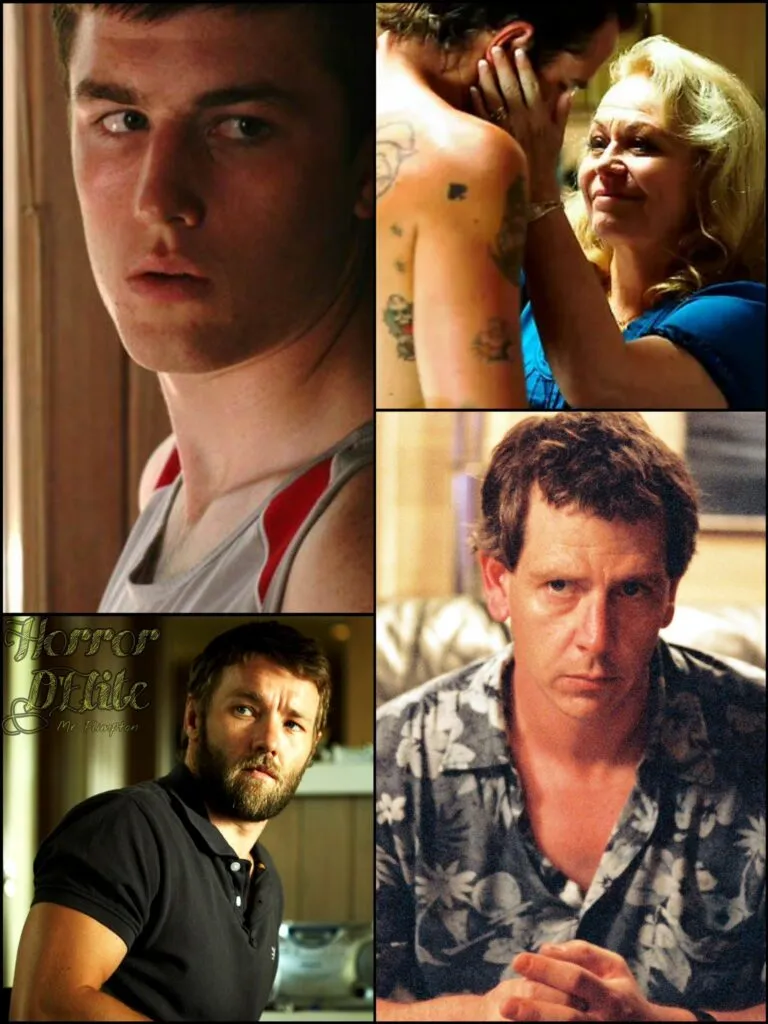Traffic
Traffic
by Steven Soderbergh (2000)
A multi-character film that intertwines the stories of various individuals around one central theme: the international drug trade.
“How’s Washington?”
“Let’s just say it’s like Calcutta: overrun with beggars; only these beggars wear fifteen-hundred-dollar suits and don’t say ‘please’ or ‘thank you.’”
— Robert Hudson Wakefield
Connections and Combinations.
What could the newly appointed Supreme Court anti-drug chief, a criminal’s wife, and a corrupt cop have in common?
What is the thread that links these characters’ lives?
The answer lies in the film’s true protagonist: drug trafficking, trade, and abuse.
A world full of lies, subplots, and entanglements, where no one and nothing is safe—where destruction and danger are constant elements lurking around every corner.
Evil seeps into everyone’s life, sparing no one. It affects everything and infects every place.
For instance, the teenage daughter of the man leading the fight against drug trade becomes enslaved and subjugated, even prostituting herself in a hotel room for a dose.
It’s also possible that the unsuspecting wife of a powerful crime boss, once she overcomes the shock of discovering her husband’s double life, finds herself at the forefront, managing his illegal affairs while he’s imprisoned.
Moreover, two Mexican police officers may uncover hidden and illegal connections between drug cartels and the military.
Considerations.
Soderbergh masterfully creates Traffic, a film where the characters, though engaged in their individual stories, never actually communicate with each other, yet their paths frequently cross.
He uses color brilliantly to emphasize the emotional states of the protagonists and the situations being narrated.
A heavy, sickly yellow for the corruption in Tijuana; a cold blue for Washington, as frigid as a father dedicated and passionate about his work but absent from his family; and a neutral tone for San Diego, with its facade of perfection.
An outstanding directorial achievement, capturing images at their best, particularly in the sequences without dialogue. The editing is top-notch, and the screenplay successfully intertwines the three main stories.
Rightfully rewarded with three Oscars, plus a fourth for Best Supporting Actor, with Benicio del Toro delivering a performance as if born for the role.
But the performances of the two tortured parents (Michael Douglas and Amy Irving) and a captivating Catherine Zeta-Jones—who played the role of a pregnant wife while actually pregnant—should not be forgotten.
However, the real surprise, in my opinion, lies with the younger actors.
I’m referring to Erika Christensen and Topher Grace: their clean, angelic faces, ravaged and corrupted by addiction, have a powerful visual impact, explaining more than a thousand words the danger and devastation.
Traffic, a great film.
Click here to watch our trailer
 Subscribe to our YouTube channel
Subscribe to our YouTube channelImmerse yourself in a chilling world with Nightmares






